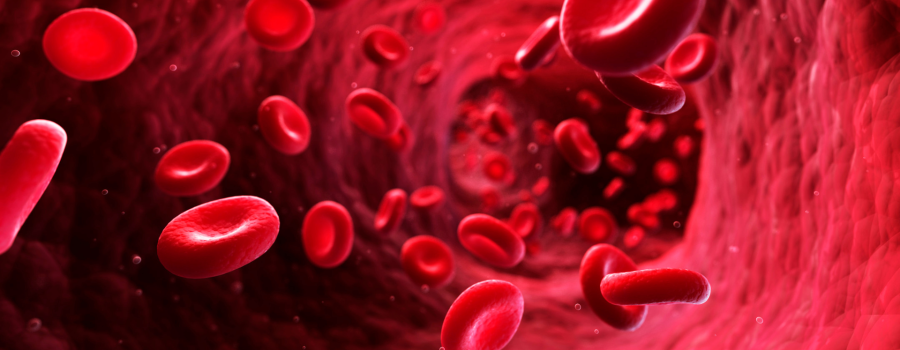When it comes to understanding how long medical cannabis stays in your system, there are a few key factors to consider. Whether you are a regular user or just trying it out for the first time, knowing the duration of cannabis in your body is essential. At Cannabis Health we strive to provide you with accurate information so you can make informed decisions about your health and wellness.
The Basics of Cannabis Breakdown in the Body
Diving into how your body handles medical cannabis might seem complex, but we’re here to break it down in an easy-to-understand way. Once cannabis enters your system, it starts a fascinating journey of transformation. The star of this journey? THC, or tetrahydrocannabinol, which is the main psychoactive compound in cannabis that gives you that characteristic “high.”
Here’s what happens: after you consume medical cannabis, whether it’s through smoking, vaping, edibles, or another method, your body begins to process THC. This processing happens mostly in the liver, which acts like a busy kitchen, breaking down THC into various components, known as metabolites. These metabolites are the key players when it comes to how long cannabis stays detectable in your system.
But THC doesn’t just stay in your liver. It travels all around, making appearances in your blood, urine, saliva, and even your hair. Each of these can tell a different story about your cannabis use, which is why different tests look for THC in different places. The metabolites are particularly sneaky because they can linger in your body long after the effects of THC have worn off.
Understanding this process is not only fascinating but also essential for anyone using medical cannabis. Knowing how THC is broken down and how long its traces can stay in your body helps you make informed decisions about your usage, especially in contexts like employment or legal situations. Remember, the journey of THC through your body is a natural process, and how quickly it moves along this journey can vary based on several factors.
Factors Influencing Cannabis Retention Times
Navigating the intricacies of how long medical cannabis lingers in your system can seem daunting, but it’s all about understanding the key factors at play. It’s like piecing together a puzzle; each piece represents a different element that can affect cannabis retention times in your body. Let’s dive into these pieces and how they fit into the bigger picture.
First off, the frequency of your cannabis use plays a significant role. Think of your body as a reservoir; the more often you add to it, the longer it will take to empty. Infrequent users might find that cannabis doesn’t stick around for too long, while regular users might see a prolonged retention period due to accumulation.
Next, consider the method of consumption. The way you introduce medical cannabis into your body matters. Smoking or vaping can have different retention effects compared to edibles or tinctures. Each method has its own path through your body, affecting how quickly THC is processed and eliminated.
Your metabolism rate is another crucial piece of the puzzle. Everyone’s body operates at its own unique speed, much like cars on a highway. A faster metabolism means a quicker processing and elimination of THC, while a slower metabolism might mean THC hangs around a bit longer.
Don’t forget about body fat percentage. THC loves to bind to fat cells, so individuals with higher body fat percentages might experience longer retention times.
Lastly, hydration levels can influence THC detection. Staying well-hydrated helps your body efficiently process and eliminate toxins, including THC metabolites.
Each of these factors interplays uniquely within every individual, making the duration of cannabis retention a personalized experience. Understanding these aspects helps you navigate your medical cannabis journey with confidence, armed with the knowledge to manage your health and wellness proactively.
THC Detection Windows in Different Types of Tests
Navigating through the landscape of THC detection times can be likened to understanding a secret code – but fear not, we’re here to help decode it for you! Each type of test that could potentially measure THC in your system has its unique “window” during which cannabis use can be detected.
For those undergoing urine tests, the window of detection can stretch up to 30 days post-use, largely dependent on how frequently you consume medical cannabis. It’s the most common form of testing and one that many employers opt for due to its prolonged detection period. Blood tests, on the other hand, offer a narrower window. THC metabolites are detectable in your blood for about 1-2 days after use, making it a less common but more immediate form of testing.
Saliva tests bring a bit more flexibility, with a detection window up to 72 hours after use. This type of testing is gaining popularity for roadside checks by law enforcement due to its convenience and rapid results. Lastly, hair follicle tests hold the record for the longest detection window. Believe it or not, THC can be detected in your hair for up to 90 days! This test is less about identifying recent use and more about understanding long-term consumption patterns.
Each test has its unique approach to detecting THC, highlighting the importance of understanding not just how long cannabis stays in your system, but how it’s measured. Armed with this knowledge, you can better navigate the complexities of medical cannabis use and testing with confidence.
It is important to remember that these timelines are not a hard and fast rule. There is a possibility if subjected to a urine test on day 31 or day 42 that you may still test positive. It depends on your body’s ability to metabolize.
Navigating the realm of medical cannabis and understanding its residency in your system is a journey that can be difficult. The key takeaways from our exploration underscore the importance of being well-informed and proactive about your cannabis use. Factors like your usage, the method by which you consume cannabis, your body’s metabolism, and even your body fat percentage all intertwine to determine how long THC will be detectable in your body. This knowledge isn’t just academic; it’s practical.
Here at Cannabis Health we champion your right to informed health choices and stand ready to assist as you navigate the complexities of medical cannabis. Embrace your health journey with confidence, backed by the knowledge that you’re making informed decisions for your well-being.
These products have not been evaluated by the Food and Drug Administration (FDA) and are not intended to diagnose, treat, cure, or prevent any disease. For informational and educational purposes only. South Dakota License Number: 22ESTC8512.


